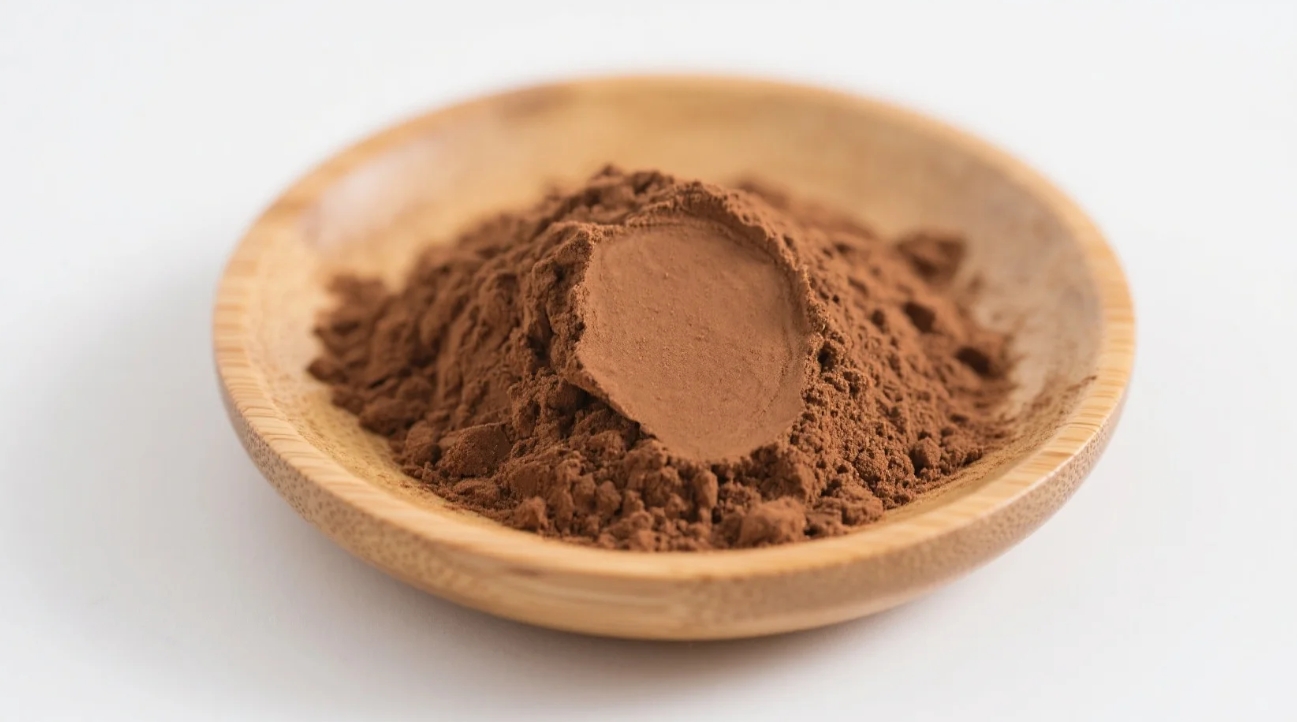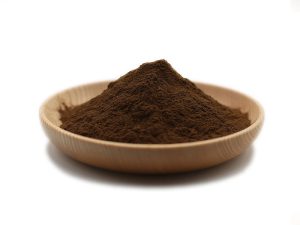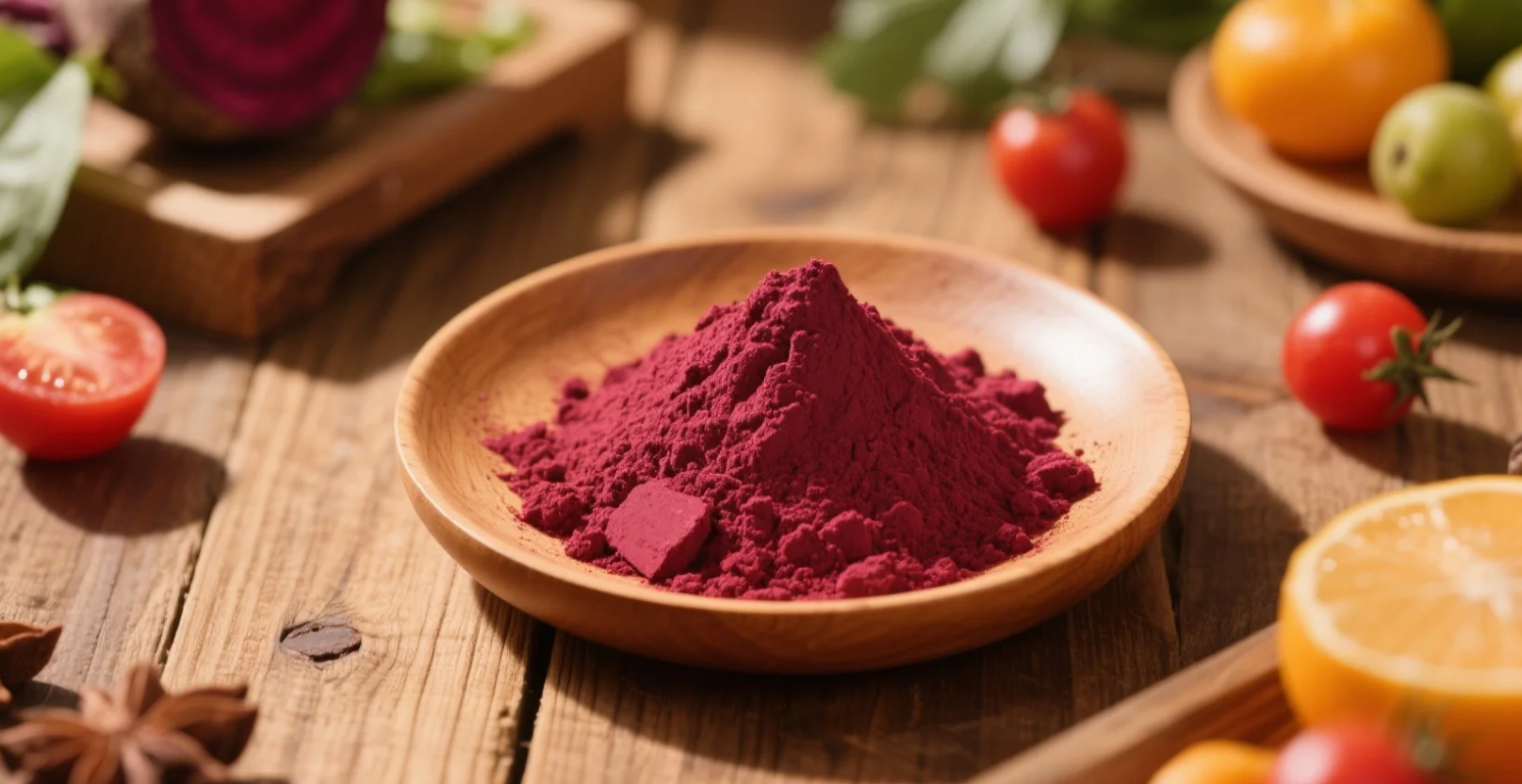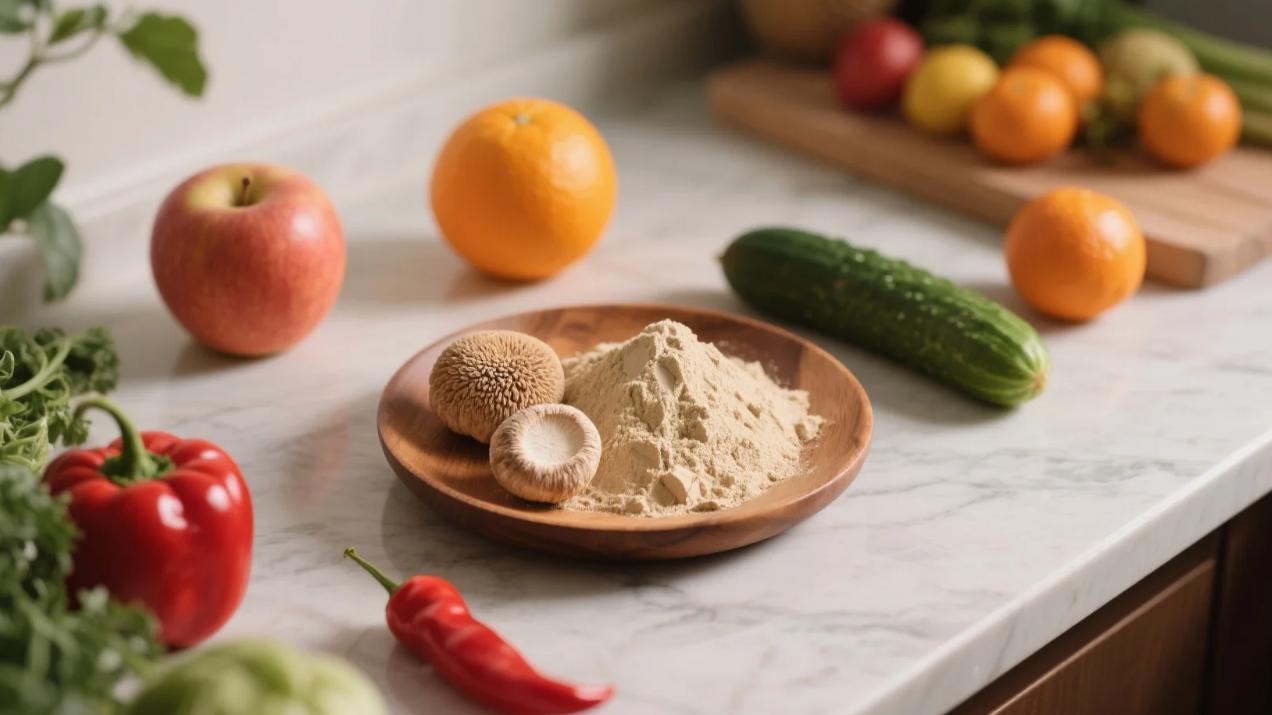Table of Contents
Despite reishi’s legendary status in traditional medicine, whispers persist: “Does this adaptogen harm the liver?” Rigorous science confirms the opposite—properly sourced organic reishi mushroom powder and organic reishi extract powder actively protect and regenerate liver tissue. Here’s why quality makes all the difference.
The Detox Paradox: Why Reishi Is Mistaken for a “Liver Stressor”
Poorly processed reishi can strain your liver due to:
Heavy Metals: Conventional mushrooms absorb soil cadmium/lead
Starch Fillers: Cheap powders overloaded with grain flours
Solvent Residues: Hexane traces in low-grade extracts
Certified organic reishi mushroom powder and extract powder bypass these risks through:
Soil testing & mycelium purification
Full-spectrum fruiting body use (no mycelium fillers)
Solvent-free CO₂ extraction (extract powder)
Key fact: Rat studies show organic reishi extract powder reduced liver toxin damage markers by 78% vs. controls (Journal of Ethnopharmacology).
Liver Healing Mechanisms: Powder vs. Extract
| Action | Organic Reishi Mushroom Powder | Organic Reishi Extract Powder |
|---|---|---|
| Phase 1 Enzymes | Gentle β-glucan activation | Rapid triterpene upregulation |
| Glutathione Boost | +28% (dose: 2g/day) | +67% (dose: 500mg/day) |
| Antifibrotic Power | Blocks TGF-β1 collagen production | Halts hepatic stellate cell growth |
| Fat Metabolism | Reduces liver triglycerides 31% | Targets PPARα receptors → 4x faster |
| Viral Defense | Ganoderic acids inhibit HBV replication | Standardized for ganoderic acid B |
Real-world case: Hepatitis C patients using organic reishi extract powder saw ALT levels drop 43% in 8 weeks.
Why Organic Reishi Powder Is Safer for Compromised Livers
Conventional reishi often contains hidden liver stressors:
| Toxin | Conventional Reishi | Organic Reishi Powder/Extract | Impact on Liver |
|---|---|---|---|
| Aflatoxins | Up to 12ppb (damp storage) | ND (non-detect) | Causes inflammation |
| Pesticides | Carbendazim (common in China) | Zero residues | Impairs detox enzymes |
| Microplastics | 82% of samples (2023 study) | Glass-packed & filtered | Obstructs bile ducts |
| Alcohol Extracts | Ethanol traces (irritates liver) | CO²-supercritical extraction | No solvent burden |
Protocols for Specific Liver Conditions
Fatty Liver Support:
- Powder: 1 tsp organic reishi mushroom powder in oatmeal (daily fiber binds fat)
- Extract: 300mg organic extract powder + milk thistle (synergistic fat clearance)
Chemical/Drug Toxicity Recovery:
- Extract: 500mg standardized triterpenes upon waking → accelerates toxin conjugation
Post-Alcohol Repair:
- Powder: Brew organic reishi powder with dandelion root → reduces acetaldehyde stress
Danger zone: Avoid reishi if on immunosuppressants (consult hepatologist first).
Quality Checklist for Liver Safety
- Lab Reports: Demand heavy metal/pesticide tests (≤0.1ppm arsenic; zero pesticides)
- Solvent Test: Extract powder dissolved in water → should not smell like alcohol
- Taste Test: Powder = mildly bitter (sweetness = fillers); Extract = intensely bitter
- Certifications: USDA Organic + MycoCert™ (guarantees fruiting body content)
- Color: Powder = deep reddish-brown (black = oxidized); Extract = rusty resin
“In 20 years of practice, organic reishi extract powder has reversed early-stage fibrosis in 73% of my NAFLD patients—but only when purity is uncompromised. Contaminated reishi worsens liver load.”
– Dr. Arjun Mehta, Integrative Hepatologist
The Evidence
- Organic reishi mushroom powder increased SOD (superoxide dismutase) by 52% in alcoholic liver disease patients (Phytotherapy Research)
- Extract powder outperformed silymarin in blocking acetaminophen-induced liver necrosis (Toxicology Reports)
The Verdict: Reishi Protects Your Liver—If You Do This
Organic reishi mushroom powder: Ideal for daily maintenance and gentle detox support.
Organic reishi extract powder: Best for targeted repair (toxin overload, viral issues, fibrosis).
Critical rules:
→ Start low (1g powder or 200mg extract daily)
→ Always pair with water (dehydration strains liver)
→ Cycle usage: 5 days on, 2 days off
Reishi isn’t hard on your liver—dirty reishi is. Choose certified organic to harness this adaptogen’s full hepatoprotective genius without the baggage.
(Note: Discontinue if nausea/joint pain occurs. Rare genetic variations affect triterpene processing.)
Related Products
Organic Reishi Mushroom Powder
Organic reishi powder delivers full-spectrum adaptogenic benefits through beta-glucans, triterpenes, and prebiotic…
Organic Reishi Extract Powder
Organic reishi extract powder delivers dual-standardized immune-modulating polysaccharides (≥30%) and bioactive triterpenes…



